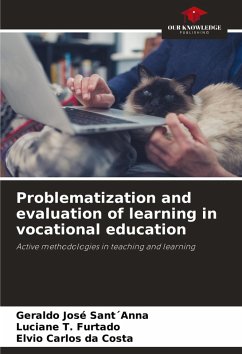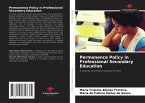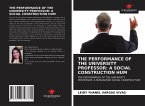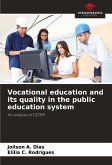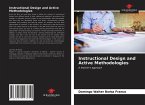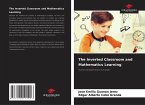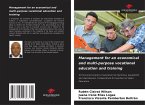The demands of the globalized world and the speed of technology in the knowledge society mean that we have to rethink, reflect on and implement new ways of teaching and learning. Important contributions have been made in recent decades, boosting studies into the construction of knowledge and emphasizing individual differences in the appropriation of knowledge. These advances, although they should recreate different relationships in the classroom, are often swallowed up by crystallized concepts that insist on the permanence of methods that consider the group of students as a single individual, disregarding the important differences that make up a classroom. This book does not provide solutions, but it does allow for broad reflections on the strategies used to teach and their connections with learning, the reproduction of ideas and the difficulties in forming thinkers. It seeks to promote the appropriation of educational actions, which are often unconsciously driven, and highlightstheir impact on the construction of knowledge, leading educators to seek new strategies and to work hard at planning the important work of ensuring students' learning.
Bitte wählen Sie Ihr Anliegen aus.
Rechnungen
Retourenschein anfordern
Bestellstatus
Storno

